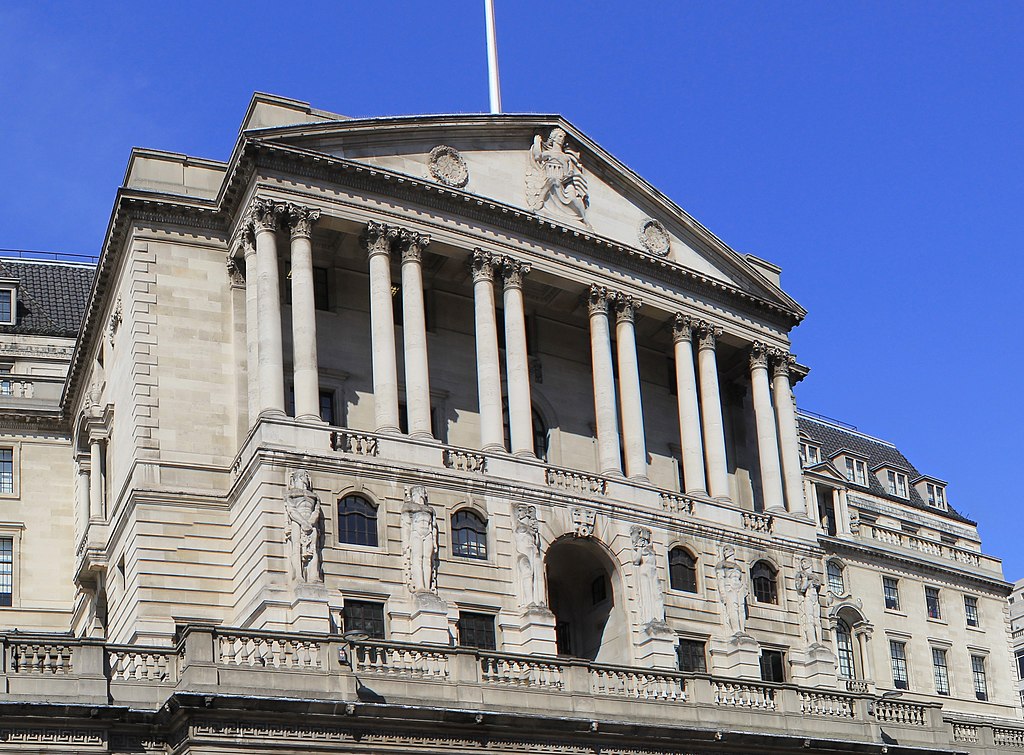The Bank of England has yet again hiked interest rates, in the 12th consecutive rise since December 2021. This time the increase is 0.25 percentage points – taking the base rate to 4.5%. So what does that mean for your finances?
How will mortgage payments be affected?
Thursday’s move is yet more bad news for the 2.2 million people on a variable rate mortgage. Roughly half are either on a base rate tracker or discounted-rate deal, with the remaining 50% or so on their lender’s standard variable rate (SVR).
A household with a tracker mortgage currently at 5.25% will see their pay rate rise to 5.5%. These deals directly follow the base rate. This means their monthly payments will rise by £21 a month, assuming they have a £150,000 repayment mortgage with 20 years remaining. Their monthly payments rise from £1,011 to £1,032.
The increase may not sound much, but as recently as last June that same household would have been paying £776 a month, meaning their payments have risen by a third in just under a year – equivalent to a £3,000 annual increase.
A household with a £500,000 tracker mortgage with 20 years to go will see their monthly payments rise by £69 to £3,439 a month as a result of the latest increase.
SVRs change at the lender’s discretion, but most will go up, though not necessarily by the full 0.25 percentage points. Some lenders may take some time to announce their plans, but householders can similarly brace themselves for higher payments.
If you are one of the 6 million-plus households with a fixed-rate mortgage, you are unaffected by the latest rise. This group of borrowers will only feel the pain when their current deal expires and they have to renew, which might be in anything between a few weeks or a few years.
And it could be about to get even more painful. The US investment bank Goldman Sachs warned this week that the Bank of England could be forced to raise interest rates to 5% this summer.
Get in touch with Mortgage Broker UK today to discuss your residential and Buy to Let Mortgage requirements.
What about new mortgages?
The last few months have been a fast-moving and stressful time for anyone looking for a new fixed-rate home loan, whether it’s to buy their first property or to replace a deal that is coming to an end.
The mortgage market has settled down a lot after the chaos of last September’s Truss government mini-budget, as witnessed earlier this week with the news that Skipton building society has launched a 100% mortgage deal, albeit one where you have to fix for five years at a higher-than-average rate of 5.49%. Standard no-deposit mortgages have not been available since 2008, in the immediate wake of the financial crash.
While new fixed-rate mortgage pricing is not directly influenced by the Bank of England base rate and is largely dependent on money market swap rates, Chris Sykes, technical director at mortgage broker Private Finance, said these have been “slowly edging up lately and are now around 0.3% higher than they were a month ago in April”.
On Thursday morning, the Principality Building Society was offering a five-year fixed-rate mortgage at 4.05% aimed at buyers not looking to borrow more than 75% of the property’s value. Meanwhile, for a first-time buyer of a £200,000 home with a £20,000 deposit, First Direct was offering five-year fixes at 4.44% for those looking to borrow 90%. Several other lenders have similar deals around the 4.45% mark.
Read about the UK Housing Market via our Specialist Residential & Buy to Let Division
This is good news for savers, isn’t it?
When the Bank started raising interest rates back at the very end of 2021, the very best easy access savings rate was paying just 0.67%. The succession of interest rate increases have made things better for savers, but the highest-paying instant access account (offered by Chip) is still only paying 3.71% when the current rate of inflation is 10.1%.
In anticipation of Thursday’s increase in the cost of borrowing, several of the online savings providers have been upping rates in a bid to lure in customers. Those happy to lock their money away for a year can now receive 4.91% from HTB. Rates of around 4.9% can be found if you are happy to invest in a fixed-rate bond of two to five years’ duration. By contrast the highest paying five-year fixed-rate savings bonds in March were paying 4.6%.
In the past few weeks, the Commons Treasury select committee has been campaigning to get the big high street banks to increase the savings rates offered to loyal customers. While the online accounts above are paying fairly attractive rates of interest, easy access accounts at many of the big banks are still offering pitifully low returns.
Discover our Mortgage Broker services
Will more people now get into arrears?
Frankly, yes. On Monday the consumer group Which? warned that an estimated 700,000 UK households missed or defaulted on a rent or mortgage payment last month. Which? said 3.1% of the home loan borrowers it surveyed had missed a mortgage payment last month.
Alastair Douglas, chief executive of the site TotallyMoney, says: “The advice is that if you are struggling, contact your lender and ask for support – and remember this won’t impact your credit rating. However, missed payments can – and they could stay on your credit file for up to six years. If these persist, you might end up in mortgage arrears, leading to court action and even repossession.”
What about credit cards and loans?
Expect higher interest rates on credit cards and pricier personal loans for new applicants. However, most unsecured personal loans have fixed rates, so if you already have one, your monthly payment will not change.
By Miles Brignall
Source: The Guardian

